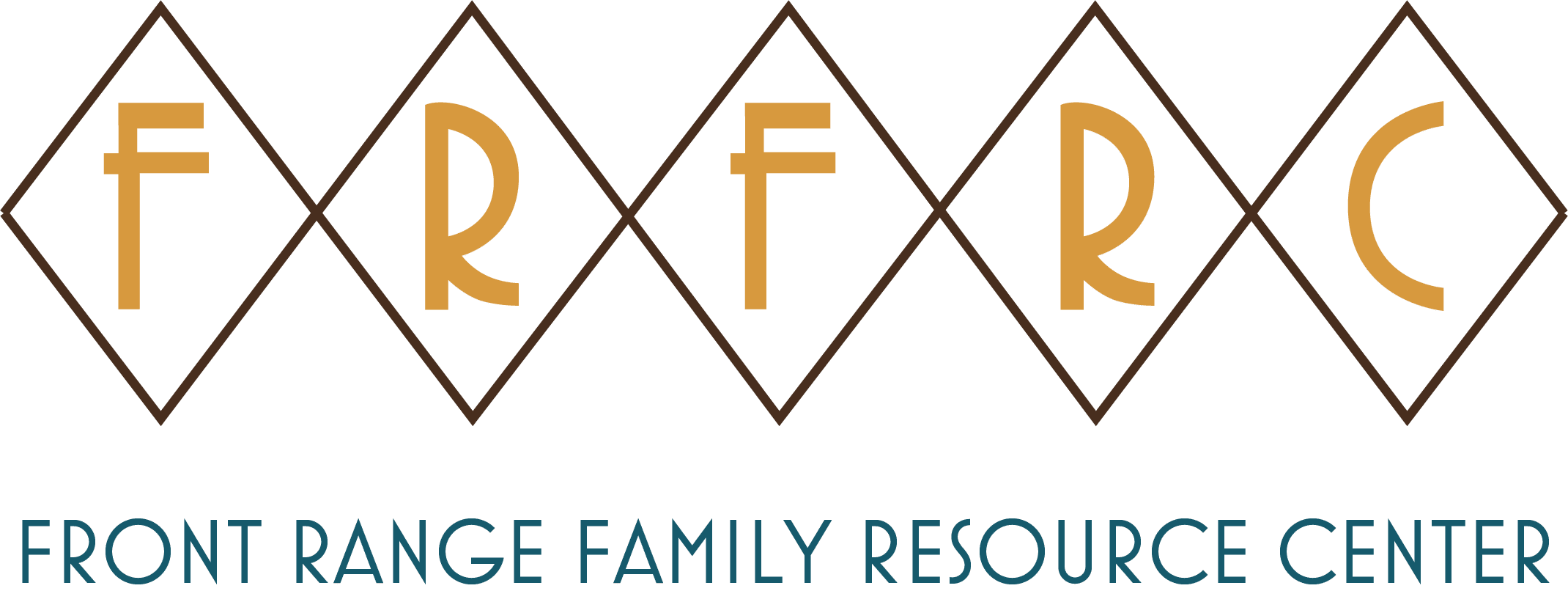Lots of people who serve in the military will never have to see active combat, therefore might not experience Post traumatic stress disorder. However, those who do are at a high risk of developing Post-Traumatic Stress Disorder specifically lined to combat trauma. One does not have to experience combat firsthand to develop PTSD after serving in the military. Yet many service members struggle with trauma because they faced violence firsthand. Not only do veterans and active service members suffer with the symptoms of combat trauma, they also often feel alone in their experiences. Their civilian friends and relatives may not understand what they went through. They might not have anyone in their circle who they feel comfortable opening up to. Here’s how to identify the signs of combat trauma in yourself or a loved one, and how to begin seeking help and support.
Why PTSD Develops
Any traumatic experience can lead to PTSD. Many people who serve in the military are exposed to potentially traumatic situations throughout their service. Someone does not have to be directly injured or harmed during combat in order to be traumatized. If one witnesses their friends or fellow soldiers being injured or even killed, the emotional impact can be just as devastating. After living through trauma, your brain and body can be hyper-reactive to any perceived threat. This affects your emotional and physical wellbeing across every area of your life.
Identify the Signs
Someone who has experienced combat trauma may be easily startled by loud noises or sudden movements. They might deal with night terrors that leave them tossing and turning, and because of this, they may feel exhausted and irritable during the day. An individual with combat trauma might take great pains to avoid possible stressors and triggers in their daily life, which can interfere with work, hobbies, and personal relationships.

Understand Emotional Reactivity
Any form of PTSD can lead to emotional reactivity. Simply put, emotional reactivity is an ongoing state of heightened emotional arousal. Someone with combat trauma might be highly emotionally reactive, as their brain and body will often signal that they’re in danger, even when they are safe.
Effects on Everyday Life
Combat trauma, and PTSD in general, can hold individuals back from pursuing what they want in life. Avoiding triggers is a protective mechanism, but it can prevent one from reaching their goals or cultivating fulfilling relationships. Furthermore, someone who sustained injuries in combat may have become disabled as a result. If this is the case, it’s impossible to avoid being reminded of what happened on a daily basis. An individual with combat trauma may try to push through their symptoms without asking for help, and they may feel ashamed or guilty to admit that they’re struggling – especially if they lost friends in combat.
Healing From Combat Trauma
If you’ve suffered from combat trauma, you might feel like you have nowhere to turn, especially if you’ve lost touch with your friends from the military and your civilian friends aren’t sure how to support you. If you have a loved one whom you suspect is suffering from combat trauma, you might desperately want to help them. But if you haven’t been in their shoes, you might not know how.
Working with a therapist who specializes in supporting veterans can be a viable solution. It can take time to find a therapist you click with. They can provide you with an open space to discuss your complicated feelings and experiences. Furthermore, they’ll be able to teach you how to use evidence-based coping strategies in your day-to-day life.
—
Have you or a loved one experienced combat trauma? Working with a therapist can help. Reach out to us today to discuss your options for scheduling your first session.
